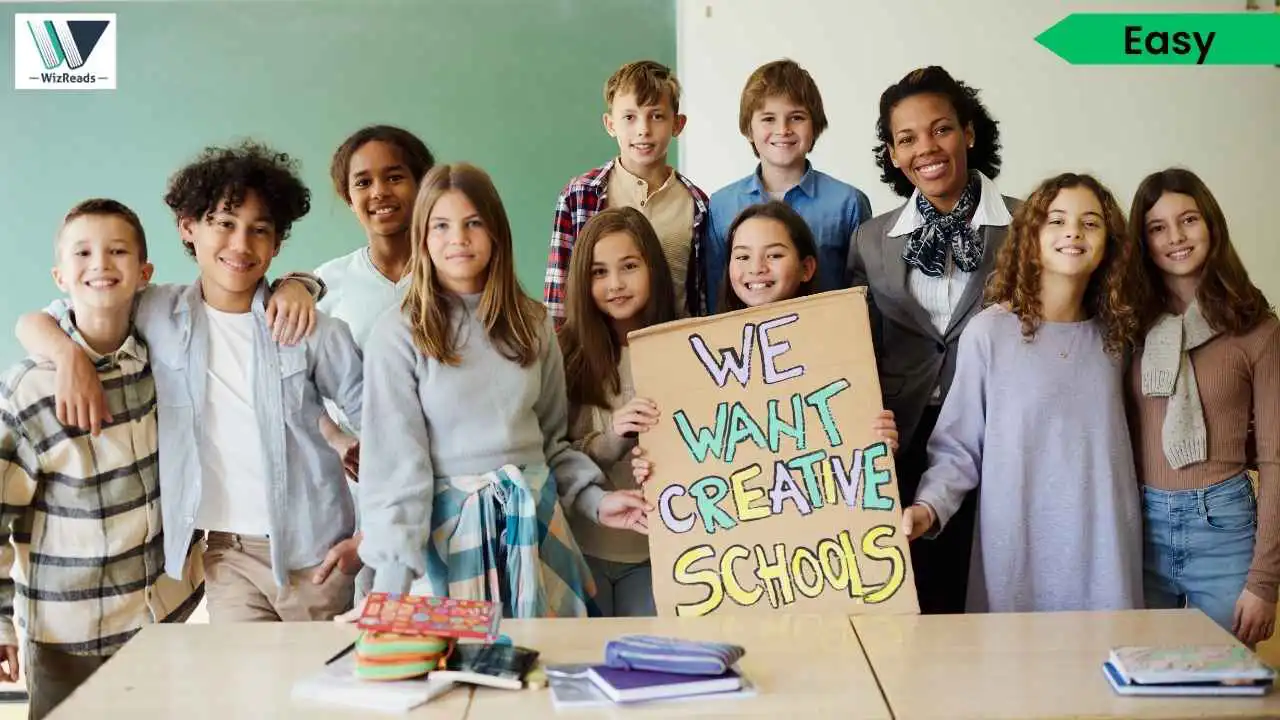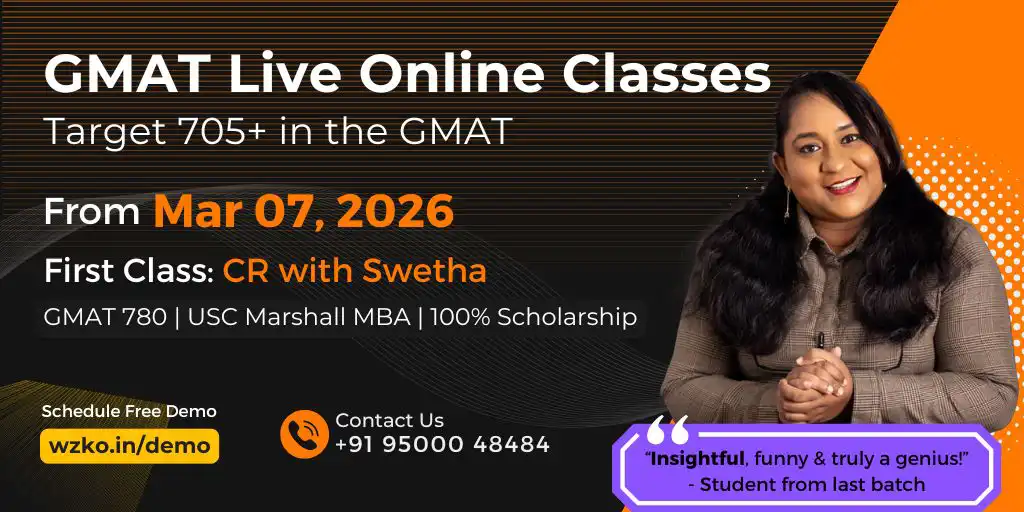
Newsletter Subscribe
Enter your email address below and subscribe to our newsletter

Enter your email address below and subscribe to our newsletter

How should we balance traditional teaching methods with innovative approaches in today’s digital age? What evidence supports different pedagogical strategies as we navigate educational reform? These easy passages evaluate competing educational philosophies, from structured curriculum approaches to student-led constructivist models.
Read these easy RC passage(s) in Social Sciences and answer the question(s) that follows. You can choose the GMAT style Reading Passage and the question or the GRE RC variant and answer the GRE-style question. Even better, you could solve both.
Educational theorists increasingly recognize digital literacy as essential for modern learning environments, though significant disagreement persists regarding optimal implementation strategies. Traditionalists argue that digital tools should supplement rather than replace conventional pedagogical approaches, citing research indicating excessive screen time may impair attention spans and creative thinking abilities. According to this perspective, digital literacy should be integrated gradually, with foundational skills like critical reading and analytical writing established through traditional methods before introducing technological components.
Conversely, progressive educators contend that digital immersion from early educational stages better prepares students for contemporary workplace demands, pointing to studies demonstrating improved engagement and information retention when material is presented through interactive platforms. These advocates maintain that concerns about attention degradation stem from outdated teaching methodologies rather than inherent problems with digital tools themselves. A third viewpoint, championed by integrationists, proposes balanced curricula incorporating both approaches—utilizing technology where it demonstrably enhances learning outcomes while preserving traditional instruction for skills requiring sustained concentration and in-depth analysis. Recent pilot programs implementing this hybrid methodology have shown promising preliminary results across diverse student populations, though longitudinal studies examining long-term impacts remain underway, leaving the debate far from resolved.
Which of the following studies would most strengthen the argument for the integrationist approach to digital literacy education?
This study directly strengthens the integrationist viewpoint by providing concrete evidence that the balanced approach produces better measurable outcomes in critical thinking than either extreme approach. The passage notes that preliminary results for the hybrid methodology were “promising” but longitudinal studies are still “underway,” making this evidence particularly supportive.
Correct Answer: Choice (B)

Traditional and progressive pedagogical approaches diverge significantly in their fundamental assumptions about optimal learning environments. Conventional educational models emphasize structured curricula, instructor-led instruction, and sequential skill acquisition through consistent practice and memorization. These established methodologies prioritize standardized assessment and well-defined learning objectives, creating environments where quantifiable progress can be meticulously tracked. In contrast, constructivist educational frameworks advocate experiential learning, where students actively construct knowledge through inquiry, collaboration, and authentic problem-solving scenarios. Unlike their traditional counterparts, progressive educators view learning as inherently non-linear and highly individualized, often eschewing rigid assessment protocols in favor of portfolio-based evaluation systems. Research examining both approaches reveals a nuanced landscape: while traditional methods excel at imparting foundational knowledge efficiently across large student populations, constructivist techniques demonstrate superior outcomes in developing critical thinking, creativity, and intrinsic motivation.
The organization of information in the passage can best be described as:
The passage is structured to first define traditional educational models and their characteristics, then define constructivist approaches with their distinct features, before finally evaluating the relative strengths and limitations of each. This organization follows a classic compare-contrast structure where two concepts are defined in succession and then analyzed in relation to each other.
The correct answer is (A)